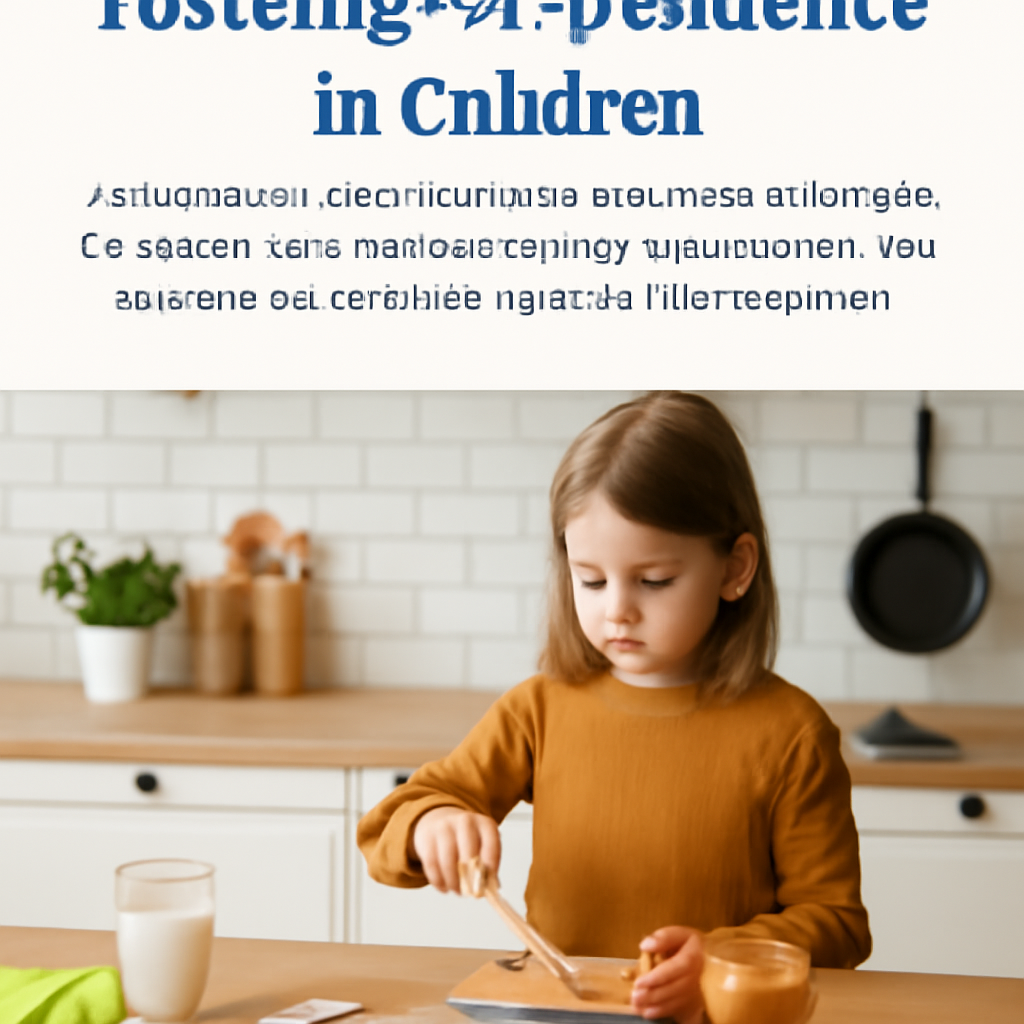Location
Mount Vernon, WA 98274
Location
Mount Vernon, WA 98274

As parents and educators navigate the challenges of modern childhood, fostering independence has become an essential aspect of development. Encouraging self-reliance not only equips children with essential life skills but also builds their confidence and decision-making abilities.
In today’s fast-paced world, fostering independence in children is crucial for their overall development. While nurturing creativity and emotional intelligence are important, the ability to stand on their own two feet can significantly shape a child’s future. Independence encourages children to explore, make decisions, and learn from their experiences, helping them grow into confident and capable adults.
One way to cultivate independence is by involving children in everyday tasks. Simple chores like setting the table, preparing a snack, or organizing their study area can instill a sense of responsibility. According to a study published in the Journal of Child Development, children who participate in household chores develop stronger problem-solving skills and greater self-esteem. Parents can gradually increase the complexity of tasks as their child grows, allowing them to take on more significant responsibilities at their own pace.
Encouraging decision-making is another vital aspect of fostering independence. Rather than dictating every choice, parents can provide options and allow children to make decisions within safe boundaries. For instance, letting a child choose their outfit or decide between two snacks empowers them to express their preferences while learning the consequences of their choices. This practice not only builds confidence but also lays the groundwork for critical thinking.
Moreover, creating an environment that embraces failure as a learning opportunity is essential. When children feel safe to make mistakes, they are more likely to take risks and try new things. Celebrating effort rather than just success can encourage a growth mindset. For example, when a child struggles with a homework assignment, parents can offer support by asking guiding questions rather than providing immediate answers. This approach fosters resilience and self-reliance, as children learn to navigate challenges on their own.
In educational settings, teachers can play a pivotal role in promoting independence by incorporating project-based learning, where students take ownership of their learning journey. By allowing students to set goals and explore topics of interest, educators nurture self-directed learners. According to research from the American Educational Research Association, students who engage in self-directed learning exhibit higher motivation and achievement levels.
Ultimately, fostering independence requires a delicate balance of guidance and freedom. Parents and educators should remain supportive while giving children the space to explore their capabilities. As society continues to evolve, equipping children with the skills to think independently and navigate their environment will prepare them for the challenges ahead, leading to more resilient and self-sufficient individuals.